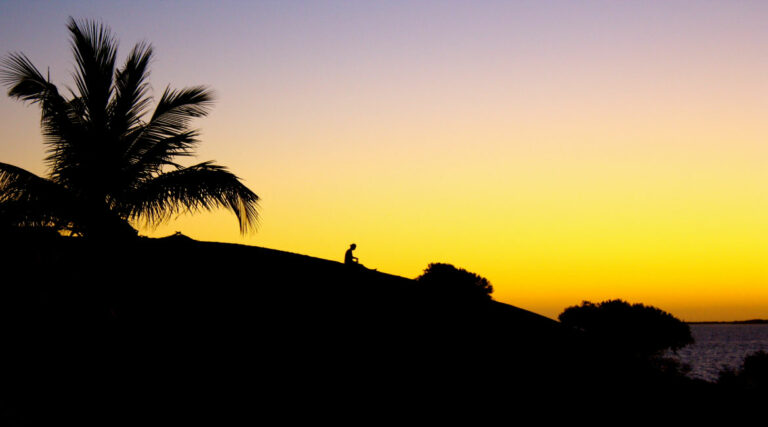Scientists, technical experts, social entrepreneurs and community leaders engaged in aquaculture programmes across the Western Indian Ocean (WIO) gathered in Zanzibar last week to share experiences, opportunities, challenges and lessons learned, with the aim of developing recommendations for the sustainable growth of community-based aquaculture (CBA) initiatives in the region.
Over the last 20 years, CBA in the region has flourished, resulting in a dynamic and diverse field, bringing together communities, businesses, research institutions and NGOs in a range of commercial and non-profit aquaculture initiatives. Despite this development, very little has been documented regarding the socioeconomic and environmental impacts of these programmes.
Unlike the marine conservation and fisheries sectors, within which stakeholders generally seek to monitor and communicate progress, the private-sector nature of many aquaculture initiatives means that results or innovations are often not publicised, and experiences are rarely shared at local or regional levels.
Workshops participants from across the WIO region and Europe were united in their desire to develop CBA programmes that not only benefit coastal communities, but also strengthen the sustainable management of the marine ecosystems on which they depend.
“This workshop is very exciting,” said Dr Betty Nyonje of KMFRI and workshop participant, “and represents a chance for those of us working on community-based aquaculture projects to come together and discuss how best to shape the future for this dynamic field, so we can make it successful for the communities of the western Indian Ocean.”
The Principal Secretary for the President of Zanzibar’s office, Fatima Bilal opened the workshop by saying, “I am confident that this workshop will identify initiatives to expand community-based aquaculture in the region, and help to diversify and promote the proliferation of coastal livelihoods as an alternative to fishing.”
From the outset it was evident that CBA in the WIO has major challenges ahead, with heavy reliance on donor funding, weak governance and community participation being some of the key issues affecting CBA success. However, with recommendations for how to overcome these problems made and the initial steps of establishing a new regional network for CBA taken, the attendees left with new ideas and new connections.
The workshop[tweetable]marks the start of a new era for those working in the aquaculture field[/tweetable]to direct CBA activities in the WIO region towards a future that[tweetable]supports both the empowerment of local communities and the conservation of their precious marine resources[/tweetable].
Notes for editors:
Blue Ventures is transforming how coastal communities in Madagascar relate to their marine environment by catalysing a sea change in sustainable fisheries management, nurturing lucrative aquaculture businesses, and creating some of the largest locally managed marine protected areas in the Indian Ocean.
The Institute of Marine Sciences at the University of Dar es Salaam undertakes research in all aspects of marine sciences, and aims to contribute research and interventions in support of Tanzania’s food security programmes, and to contribute to Tanzania’s goal of attaining self-reliance in marine science and technology.
The Western Indian Ocean Marine Science Association (WIOMSA) is a regional, professional, non-governmental, non-profit, membership organisation, registered in Zanzibar, Tanzania. The organisation is dedicated to promoting the educational, scientific and technological development of all aspects of marine sciences throughout the region of Western Indian Ocean, with a view to sustaining the use and conservation of its marine resources.
For more information about community-based aquaculture in the Western Indian Ocean region, please contact Dr Mebrahtu Atwereberhan: mebrahtu[at]blueventures.org.























